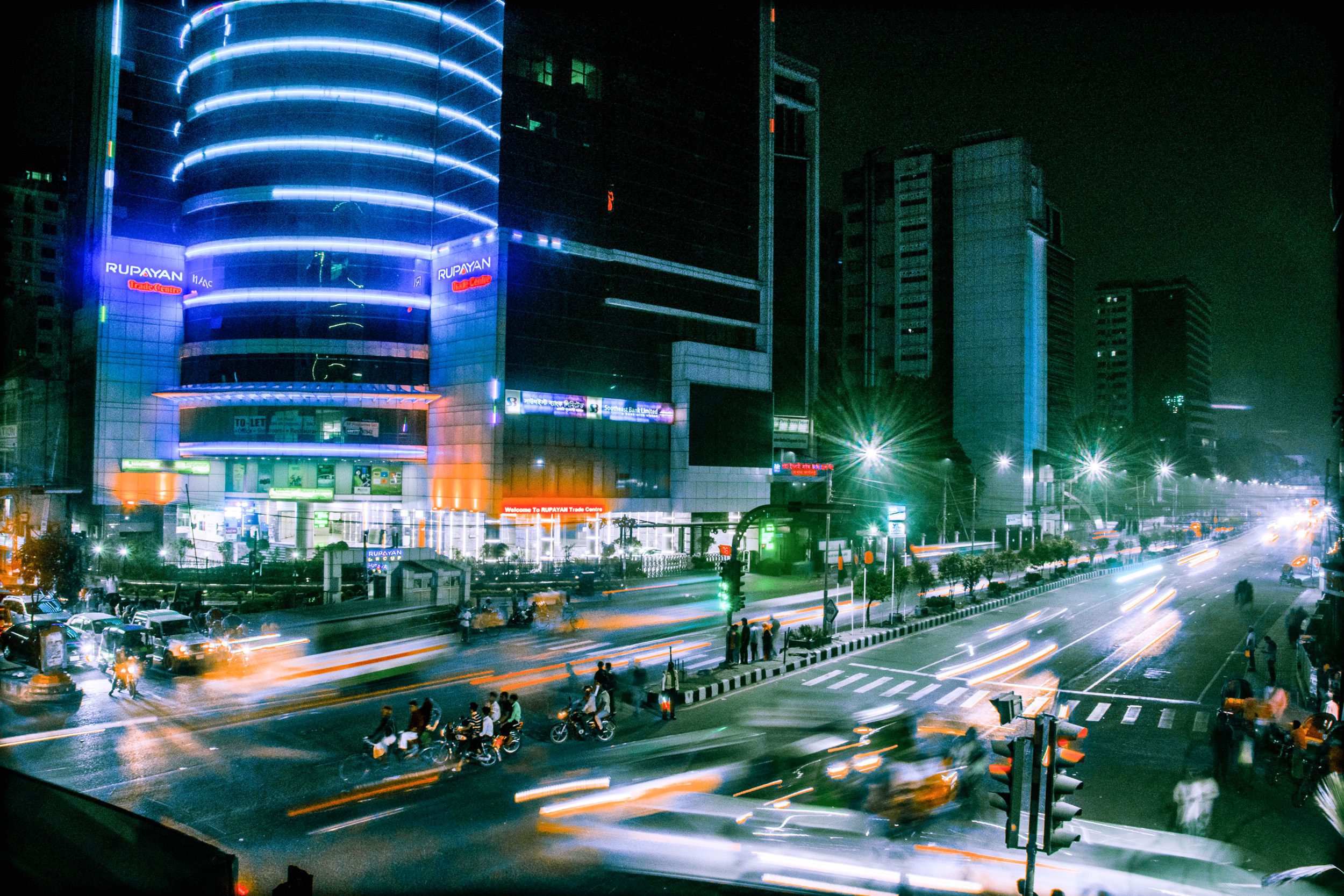
Bangladesh is growing rapidly — both in population size and its economy. Its rich and complex history continues to guide its growth and development today, creating a thriving mix of cultures and ideals. On September 19, the Mittal Institute will hold the Bangladesh Rising conference, where academic experts, businesspeople, and representatives from Bangladesh’s government will convene to discuss everything from the nation’s economics and politics to its public health and artistic heritage. We spoke with Gary Bass — a keynote speaker at the upcoming conference, Professor of Politics and International Affairs at Princeton University, and author of The Blood Telegram: Nixon, Kissinger, and a Forgotten Genocide — to learn his perspective on the current state of Bangladesh’s politics, economics, and humanitarian efforts.
How does the 1971 liberation war continue to affect Bangladesh politically and economically?
Gary Bass: Bangladesh was born out of violence: a devastating military crackdown by the Pakistan army, back when Bangladesh was the eastern wing of Pakistan. In the decades since its independence in 1971, the country has made remarkable progress, but it started off with its elites decimated by the Pakistan army, its intellectuals systematically massacred, its houses burned to the ground, and its youth mobilized as guerrillas.
Since 2009, Prime Minister Sheikh Hasina has made war crimes trials for collaborators with Pakistan one of her top priorities, setting a national war crimes court that has targeted Bangladeshi Islamist leaders. This has generated loud criticism from international human rights groups about the unfairness of the trials, protests and counter-protests, but the trials remain popular with many Bangladeshis. The horrors of 1971 are still a living memory for many Bangladeshis — and for many, a defining national trauma.
In your book, The Blood Telegram, you delve into the role that the United States played in the events leading up to the creation of Bangladesh. Do you feel that the US continues to play a role in Bangladesh’s development today?
GB: Bangladesh’s development is primarily up to Bangladeshis. The United States does provide a modest amount of foreign aid (about $260 million in 2017), and of course Bangladesh is subject to external shocks, such as the flood of Rohingya refugees from Burma and the threat of climate change — which is particularly menacing for a poor, low-lying, riverine country like Bangladesh.
But it seems appropriate that Americans should remember how Nixon and Kissinger stood behind Pakistan’s military dictatorship in 1971 in its slaughter in what became Bangladesh, and realize that there is a certain American responsibility to make amends for the White House’s cruel and counterproductive policies in 1971.
You’ve written about humanitarian intervention, as well as the Rohingya refugee crisis currently occurring in Bangladesh. What should Bangladesh be doing to assist the Rohingya refugees?
GB: Since August 2017, Burma has escalated its persecution of its Rohingya minority, with a bloody campaign of ethnic atrocities that has driven some 730,000 desperate and traumatized refugees into Bangladesh. More than half of them are children. Much to its credit, Bangladesh has taken them in, with the prime minister remembering how in 1971 it was Bengalis who had to flee from a military crackdown into refugee camps in neighboring India.
Today, Bangladesh is straining to provide for the Rohingya, but the camps at Cox’s Bazar are overcrowded and need the basics, like adequate health care. Still, it is unfair to expect a poor, crowded, developing country to shoulder this burden. The refugee flow is the fault of the brutal government in Burma, not Bangladesh. This is a global problem — not just that of Bangladesh.
Join us on Monday, September 16 for an all-day conference, Bangladesh Rising, to hear Gary Bass and others speak on a series of panels about Bangladesh’s economics, politics, public health, arts, and more.
